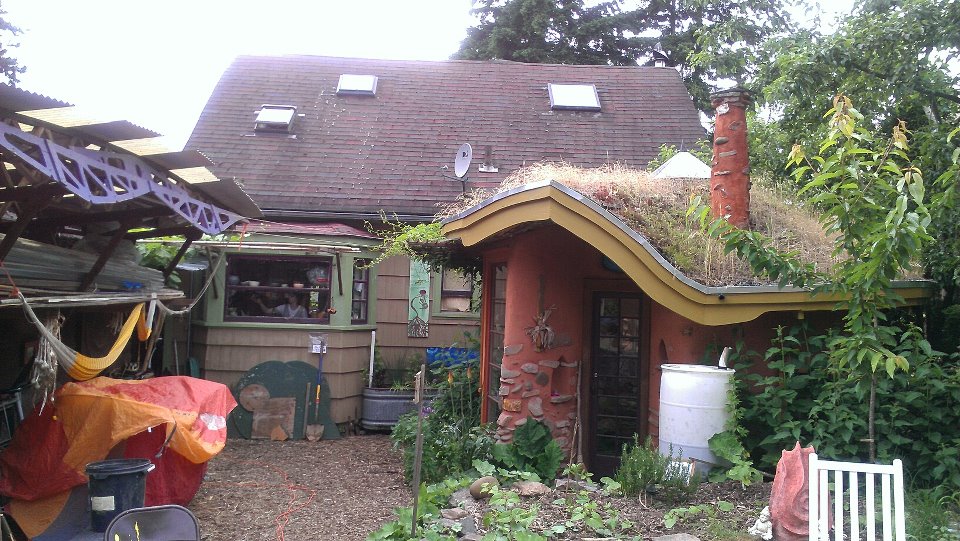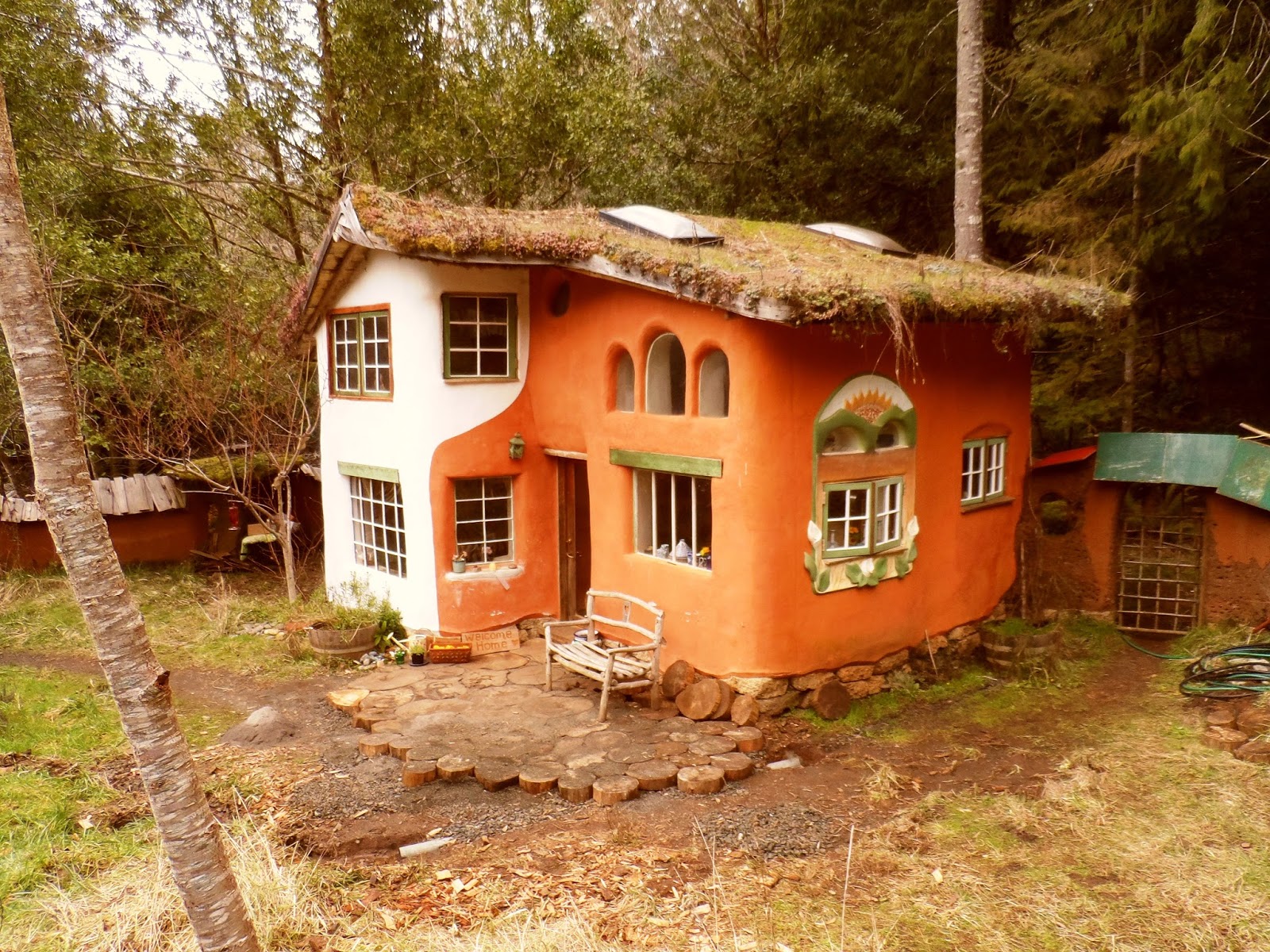I need to find out about any zoning or building issues I might have with building a 12x36 tiny house NOT on wheels in the M------ area.
--KFF
--------------------------------------------------------------------------
The more time you take to research now, the easier things will be down the line. A lot of people's tiny or natural house ideas run into trouble when they go to get permission and it is best to eliminate hostile areas from your search before you invest in property. Zoning (size, placing of house) is generally done by city or township. Building code (materials, foundation, framing) is generally enforced by city or county. Zoning generally excludes manufactured housing less than 16' wide and less than a certain number of square feet in order to exclude the perceived low end "single wide" trailers.
Most municipalities have their zoning rules on their website to save their code person so much answering the same question over and over. They will also post their code person's office hours so you can drop by and ask questions and get a feeling for how receptive the town will be to your ideas. I have had good success for cottage builds by calling during business hours and asking about rules in an area I was hypothetically looking to buy and build in--not an exact address in case I wanted to do something without undue attention, just a general area so the code person could give me the zoning for the area.

Very few areas will allow two residences on one property, although in some older towns you can find "grandfathered" lots that someone has used for a side yard but are actually separate lots. "Grandfathering" will also help you find cheaper lots that were passed over before because the lot size or shape meant you couldn't build without a variance. I was able to argue for variances to build my house smaller and closer to the road than zoning called for by finding a "lot of record" that was too small for the setbacks required for our 3-5 acre zoning. I also checked and showed the variance committee that the house I was proposing was slightly further from the road than most of my neighbors' (old) houses.
A tiny house will generally require either a progressive town willing to provide a variance, or an economically depressed area looking for ANY new blood, or a rural area with little code enforcement. In the first case expect the process to be expensive and in the second there is some risk. I know several people who have successfully bought a cheap house in the country and rented it out after they had quietly finished the tiny house out back. Some of them have been ordered to remove it or turn it into a shed. A few have been threatened to have their kids taken away for living in sub-standard housing. Make sure you have an exit strategy if you are going "outlaw". You can always build on skids so you can move it if you need to, but if you can find some place where you are welcome you will save a lot of hassle. --Uncle Mud
Lloyd Kahn's book Tiny Homes, Simple Shelter is full of wonderful examples of such homes.












